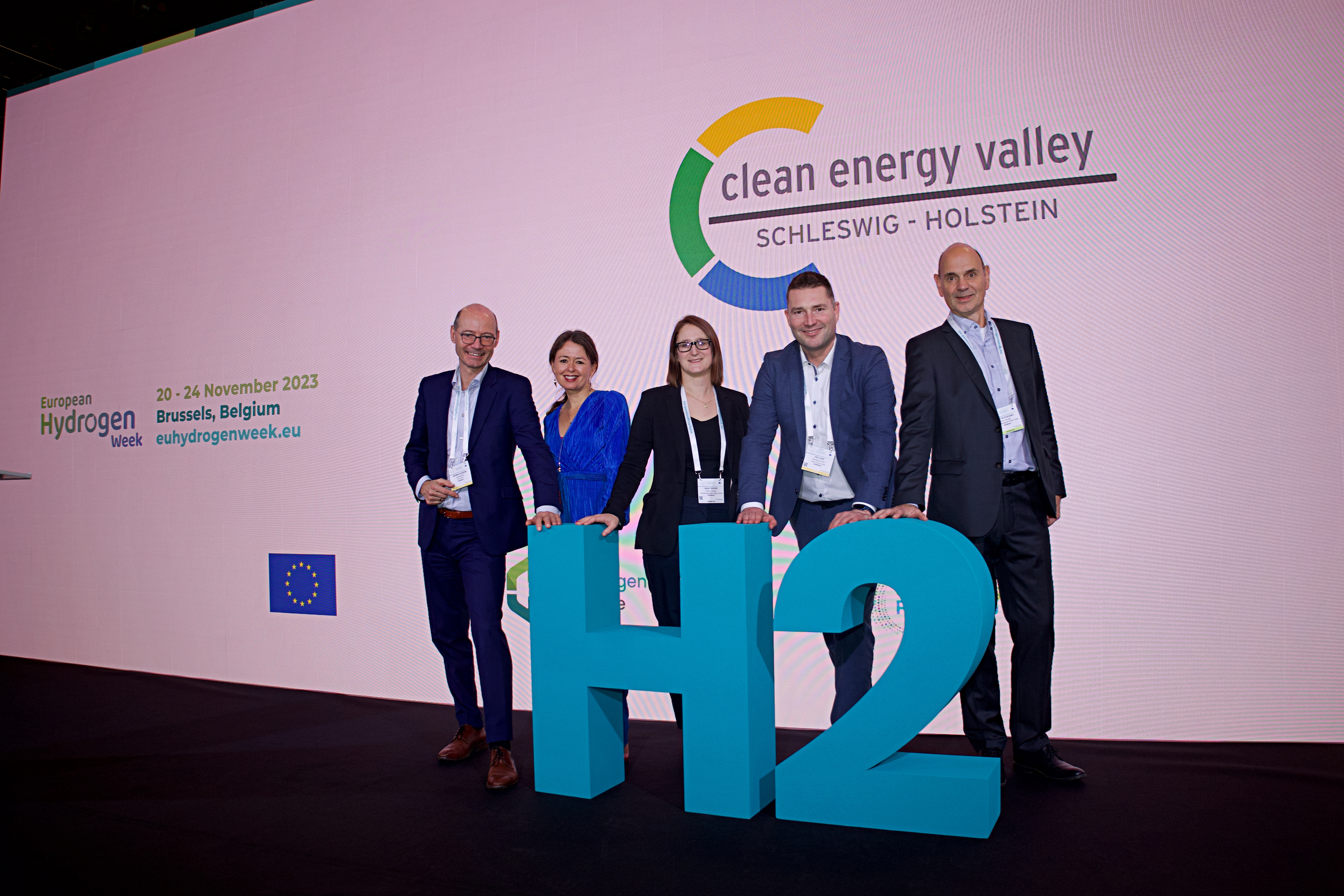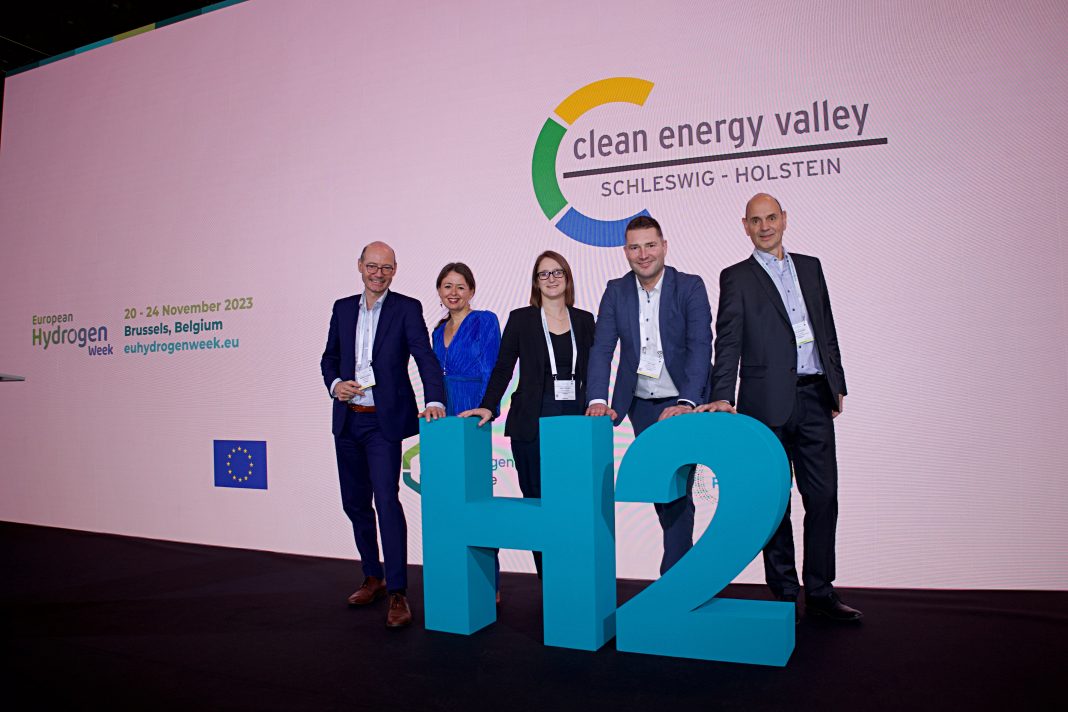 Transition to Net Zero: Building Australia’s Economic Sovereignty
Transition to Net Zero: Building Australia’s Economic Sovereignty
Prime Minister Anthony Albanese addressed the second annual forum on Australia’s Economic Outlook, emphasizing the importance of transitioning to net zero for future prosperity. According to Albanese, this transition is not only critical for economic growth but also for strengthening Australia’s energy security and reducing its reliance on global supply chains.
Albanese highlighted the federal government’s Future Made in Australia program, which aims to transform the nation into a renewable energy superpower. The program focuses on investing in clean energy to power advanced manufacturing and enable the industry to produce onshore. By embracing clean energy sources such as solar power, wind power, and green hydrogen, Australia can position itself as a leader in the global shift towards net zero.
The Prime Minister pointed out that 92 percent of the world economy has committed to net zero, including 97 percent of Australia’s trading partners. This indicates that net zero is not just a passing trend but the future of the global economy. Albanese stated, “Either we shape that future, or the future shapes us.” He emphasized that Australia is currently in the early stages of a significant economic change that will have lasting impacts comparable to the industrial revolution.
To support his claims, Albanese referred to the International Energy Agency’s projection that without any changes to current policies, mineral demand for clean energy technologies will double by 2030. However, if countries continue ramping up their efforts to achieve net zero, demand will triple by 2030 and quadruple by 2040. This data underscores the long-term economic shift towards clean energy and the potential for increased demand for Australian-manufactured products.
In response to the opposition’s alternative plan for Australia’s energy future, which includes nuclear power, Albanese dismissed it as a “nuclear fantasy” that only serves to delay real action on climate change. Instead, he emphasized the importance of focusing on manufacturing products with low emissions profiles. This shift toward environmentally friendly products will be a significant consideration and cost factor in the global competition.
Albanese highlighted Port Hedland, located in Western Australia, as a potential hub for processing opportunities. By co-locating extraction, processing, and manufacturing, Australia can minimize transport costs and emissions while meeting the increasing demand for sustainable products.
While acknowledging the need for economic resilience, Albanese emphasized the importance of diversifying supply chains rather than aiming for complete self-reliance. He emphasized the need for Australia to deepen and diversify its trade links to avoid over-reliance on any one country or commodity.
In conclusion, the transition to net zero is not just an environmental imperative but also a key driver of economic growth. Prime Minister Anthony Albanese stressed that embracing clean energy and manufacturing sustainable products will not only strengthen Australia’s economic sovereignty but also position the country as a leader in the global economy. By investing in renewable energy and diversifying trade links, Australia can navigate the lasting economic shift towards a net-zero future while creating safe, skilled, and sustainable work opportunities.


